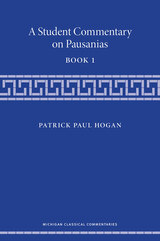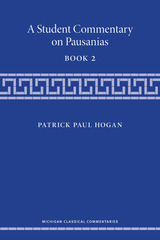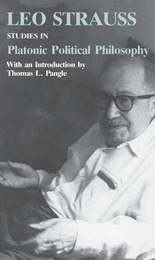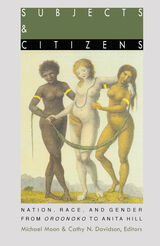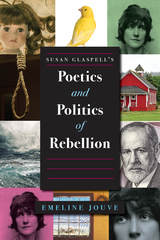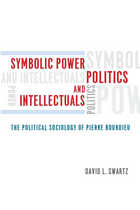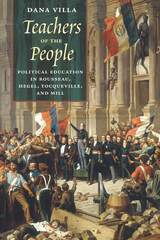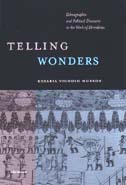The Doom of the Great City; Being the Narrative of a Survivor, Written A.D. 1942
West Virginia University Press, 2025
Paper: 978-1-959000-37-2 | eISBN: 978-1-959000-38-9
See other books on: Apocalyptic & Post-Apocalyptic | Doom | Science Fiction | World Literature | Written
See other titles from West Virginia University Press
Paper: 978-1-959000-37-2 | eISBN: 978-1-959000-38-9
ABOUT THIS BOOK | AUTHOR BIOGRAPHY | REVIEWS | TOC
ABOUT THIS BOOK
William Delisle Hay’s The Doom of the Great City imagines the destruction of London as a result of human-induced environmental devastation, the threat of which is becoming increasingly visible today. This urban apocalypse narrative connects to pressing cultural discussions on global warming, modern life in cities, public health, and the interconnectivity of human life on earth. This first critical edition of Hay’s novella makes available his account of one man’s tale of survival amidst a toxic fog—a survival that includes his relocation to Maoriland in New Zealand. The editors foreground the relevance of the story to present and future pandemics, the persistence of environmental disasters, and the global population’s ongoing migration to cities. They place the narrative in dialogue with nineteenth-century concerns about climate change, pollution, natural resources, health care, empire, and (sub)urbanization that have remained significant challenges as we come to terms with the lasting impacts of the Anthropocene in the twenty-first century.
See other books on: Apocalyptic & Post-Apocalyptic | Doom | Science Fiction | World Literature | Written
See other titles from West Virginia University Press

